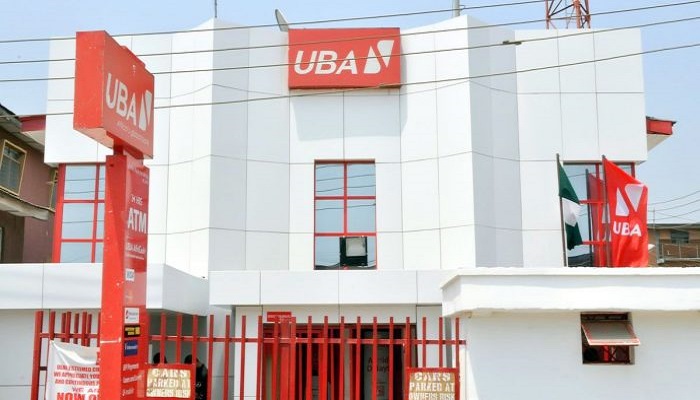The Group Managing Director of United Bank for Africa (UBA), Olufunke Iyabo, has highlighted the transformative economic gains expected from the bank’s involvement in the $30 billion oil and infrastructure project in Chad. Speaking at a recent stakeholder engagement in Lagos, the UBA chief emphasized that the project represents a landmark achievement for regional economic integration, cross-border trade, and energy development in Central and West Africa.
Iyabo explained that the Chad project, which includes oil exploration, pipeline development, and associated infrastructure investments, positions UBA as a key financial partner in continental energy initiatives. The bank’s role in facilitating financing, managing cross-border transactions, and mobilizing local and international capital is expected to catalyze significant economic benefits for both Nigeria and Chad.

She noted that UBA’s strategic involvement in such large-scale projects demonstrates the bank’s commitment to leveraging financial expertise to support sustainable development across Africa. “This $30 billion initiative is more than just an oil project; it is a vehicle for regional growth, job creation, and technological transfer that will impact millions of people in both countries,” Iyabo said.
The bank’s GMD outlined how the Chad project would generate employment opportunities across multiple sectors, including construction, logistics, engineering, and security services. Local communities along the pipeline routes are expected to benefit from infrastructural improvements such as roads, electricity access, and water supply, which are part of corporate social responsibility agreements tied to the project.
Financially, the Chad initiative is anticipated to create significant returns on investment, with projections showing potential contributions to UBA’s revenue and profitability. Iyabo stressed that the project also enhances the bank’s reputation as a continental financier capable of underwriting mega-projects, attracting global investors, and supporting Africa’s energy transition agenda.
The GMD further highlighted that the Chad project aligns with Nigeria’s broader economic and diplomatic objectives in the Central African region. Strengthening ties with Chad through such investments not only fosters bilateral relations but also ensures that Nigerian businesses, including banks, benefit from regional industrial and infrastructural development.
Industry analysts have noted that UBA’s participation in the Chad project underscores the bank’s strategy of positioning itself at the forefront of major African infrastructure and energy developments. By acting as a financial intermediary and investor, the bank not only facilitates critical projects but also strengthens cross-border trade corridors, which are crucial for regional integration under initiatives such as the African Continental Free Trade Area (AfCFTA).
Iyabo also addressed concerns about project risks, noting that comprehensive risk management frameworks and strategic partnerships with experienced international and local operators have been put in place to mitigate operational, political, and financial risks. She said that UBA’s involvement is structured to ensure transparency, accountability, and adherence to international best practices in project financing.
The Chad project, which spans oil extraction, transportation, and refining, is expected to play a pivotal role in increasing energy supply and reducing regional dependence on imports. According to UBA, the development of the pipeline and associated infrastructure will create a robust logistics and energy distribution network, enhancing energy security and lowering costs in both Chad and neighboring countries.
Furthermore, the GMD highlighted UBA’s commitment to sustainability and responsible investment practices within the Chad project. The bank is actively ensuring that environmental standards are met, local communities are consulted, and projects are aligned with the United Nations’ Sustainable Development Goals (SDGs). This includes initiatives aimed at minimizing environmental impact, fostering renewable energy integration, and promoting social welfare programs.
Stakeholders in Nigeria’s financial and industrial sectors have welcomed UBA’s proactive engagement in the Chad project. Economists say that such projects not only strengthen Nigeria’s regional influence but also provide a blueprint for leveraging domestic financial institutions to support continental growth.
Iyabo concluded by reiterating UBA’s long-term vision of contributing to Africa’s economic development through strategic investments in critical infrastructure, energy, and industrial projects. “Our involvement in Chad is a testament to our commitment to driving sustainable growth and creating value for our shareholders, communities, and the African continent at large,” she said.
The Chad project represents a major milestone for UBA as it continues to play a leading role in financing transformative projects across Africa, promoting economic cooperation, and unlocking new opportunities for trade and development. The $30 billion initiative is expected to serve as a model for similar cross-border infrastructure and energy projects across the continent.
Support InfoStride News' Credible Journalism: Only credible journalism can guarantee a fair, accountable and transparent society, including democracy and government. It involves a lot of efforts and money. We need your support. Click here to Donate
